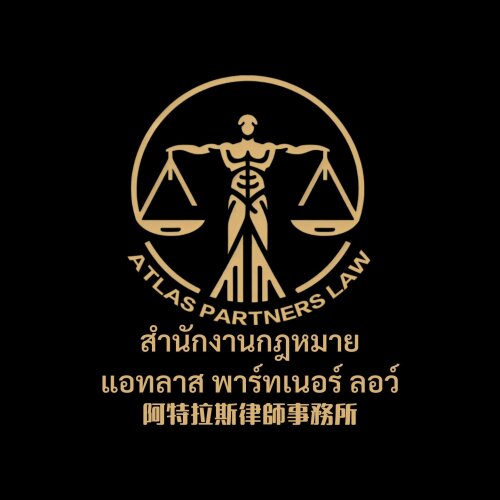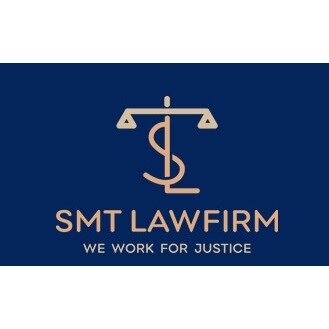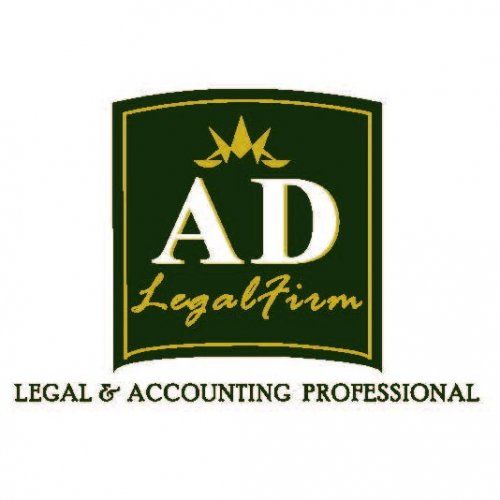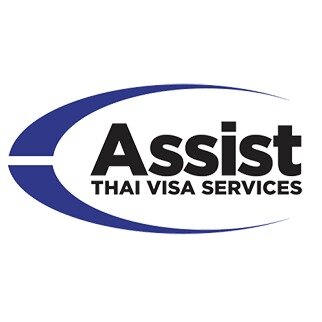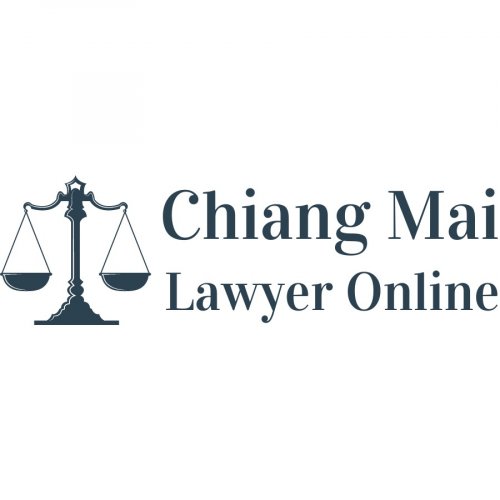Best Government Relations & Lobbying Lawyers in Chiang Mai
Share your needs with us, get contacted by law firms.
Free. Takes 2 min.
List of the best lawyers in Chiang Mai, Thailand
Legal guides written by SIAM LEGAL INTERNATIONAL:
- Defamation Laws in Thailand: Criminal Charges and Civil Suits
- The State of Thailand’s Long-Term Resident (LTR) Visa Program in 2025
- The Penalties Of Not Filing Your Income Tax Return As A Foreigner In Thailand
About Government Relations & Lobbying Law in Chiang Mai, Thailand
Government relations and lobbying activities in Chiang Mai, Thailand, entail engaging with government officials and influencing public policy to benefit various stakeholders. As a rapidly developing regional hub, Chiang Mai presents unique opportunities and challenges for those involved in lobbying and government relations. Understanding the regulatory landscape and navigating the associated legal complexities are essential for effective advocacy and compliance. The Thai government has established regulations to ensure transparency and fairness in lobbying activities, which are crucial in maintaining the integrity of democratic processes and good governance.
Why You May Need a Lawyer
Individuals or organizations may require legal assistance when dealing with government relations and lobbying for several reasons. Common situations include:
- Ensuring compliance with local and national lobbying regulations.
- Engaging with government agencies on policy matters or contract negotiations.
- Advocating for legislative changes or specific interests.
- Resolving disputes that arise from lobbying activities or government relations.
- Conducting due diligence and risk assessments for lobbying campaigns.
Legal professionals specializing in this field can provide valuable guidance on complying with local laws, effectively managing relationships with government officials, and advancing advocacy goals.
Local Laws Overview
The legal framework governing government relations and lobbying in Chiang Mai is shaped by both national and regional legislation. Some key aspects to be aware of include:
- Registration Requirements: Lobbyists may need to register with relevant government authorities, depending on the nature and scale of their activities.
- Transparency Regulations: There are mandates for disclosing lobbying activities to ensure transparency in policymaking processes.
- Conflict of Interest Rules: Laws are in place to prevent conflicts of interest, ensuring that lobbying does not unduly influence government decisions.
- Restrictions on Gifts and Contributions: Regulations limit the types and amounts of gifts and contributions that can be given to government officials.
- Code of Conduct: Lobbyists are expected to adhere to ethical guidelines and codes of conduct while interacting with public officials.
Frequently Asked Questions
What constitutes lobbying in Thailand?
Lobbying involves engaging with government officials to influence public policy or decisions. This can include advocating for legislative changes or specific outcomes in policy implementation.
Do I need to register as a lobbyist in Chiang Mai?
Registration requirements vary based on the nature and scale of lobbying activities. It's important to consult with a legal advisor to determine if registration is necessary for your specific activities.
What are the penalties for non-compliance with lobbying laws?
Penalties for non-compliance can be severe, including fines and legal sanctions. The specifics depend on the nature of the infraction and prevailing laws at the time.
Can I give gifts to government officials?
There are restrictions on the types and values of gifts that can be given to government officials to avoid undue influence. Legal counsel can provide guidance on compliance with these regulations.
How can a lawyer help with lobbying efforts?
Lawyers specializing in government relations and lobbying can assist with compliance, strategy development, risk assessment, and engagement with government bodies, ensuring that advocacy efforts align with legal standards.
Are there any ethical guidelines for lobbyists?
Yes, lobbyists are expected to follow a code of conduct that emphasizes transparency, honesty, and the ethical representation of interests when interacting with public officials.
What should I disclose in lobbying activities?
Disclosures typically include details of lobbying activities, objectives, and stakeholders involved. Specific requirements depend on local and national regulations.
How does the local government in Chiang Mai influence lobbying activities?
Local government policies and frameworks shape the focus and conduct of lobbying activities, making it essential to understand regional priorities and constraints.
Is there a government body overseeing lobbying activities?
Yes, relevant government authorities at national and regional levels may oversee and regulate lobbying activities to ensure compliance with existing laws.
Can individuals engage in lobbying, or is it restricted to organizations?
Both individuals and organizations can engage in lobbying. However, they must comply with relevant laws and regulations governing such activities.
Additional Resources
Several resources can assist those needing guidance in government relations and lobbying:
- Chiang Mai Provincial Office: Local governmental body that can provide region-specific information and resources.
- Thailand's Office of the Ombudsman: Offers oversight and addresses complaints related to public sector administration.
- Nonprofit Organizations: Such as Transparency International Thailand, which focuses on promoting transparency and combating corruption.
- Local legal firms: Many law firms in Chiang Mai offer specialized services in government relations and lobbying.
Next Steps
If you require legal assistance in government relations and lobbying, consider the following steps:
- Research and identify legal professionals in Chiang Mai who specialize in government relations and lobbying law.
- Schedule consultations to discuss your specific needs and objectives with potential legal advisors.
- Ensure the chosen law firm or lawyer is familiar with both local and national regulations governing lobbying.
- Work collaboratively with your legal advisor to develop a compliant and effective lobbying strategy.
- Regularly review the compliance and outcomes of your lobbying efforts with legal guidance to ensure ongoing adherence and success.
Lawzana helps you find the best lawyers and law firms in Chiang Mai through a curated and pre-screened list of qualified legal professionals. Our platform offers rankings and detailed profiles of attorneys and law firms, allowing you to compare based on practice areas, including Government Relations & Lobbying, experience, and client feedback.
Each profile includes a description of the firm's areas of practice, client reviews, team members and partners, year of establishment, spoken languages, office locations, contact information, social media presence, and any published articles or resources. Most firms on our platform speak English and are experienced in both local and international legal matters.
Get a quote from top-rated law firms in Chiang Mai, Thailand — quickly, securely, and without unnecessary hassle.
Disclaimer:
The information provided on this page is for general informational purposes only and does not constitute legal advice. While we strive to ensure the accuracy and relevance of the content, legal information may change over time, and interpretations of the law can vary. You should always consult with a qualified legal professional for advice specific to your situation.
We disclaim all liability for actions taken or not taken based on the content of this page. If you believe any information is incorrect or outdated, please contact us, and we will review and update it where appropriate.








